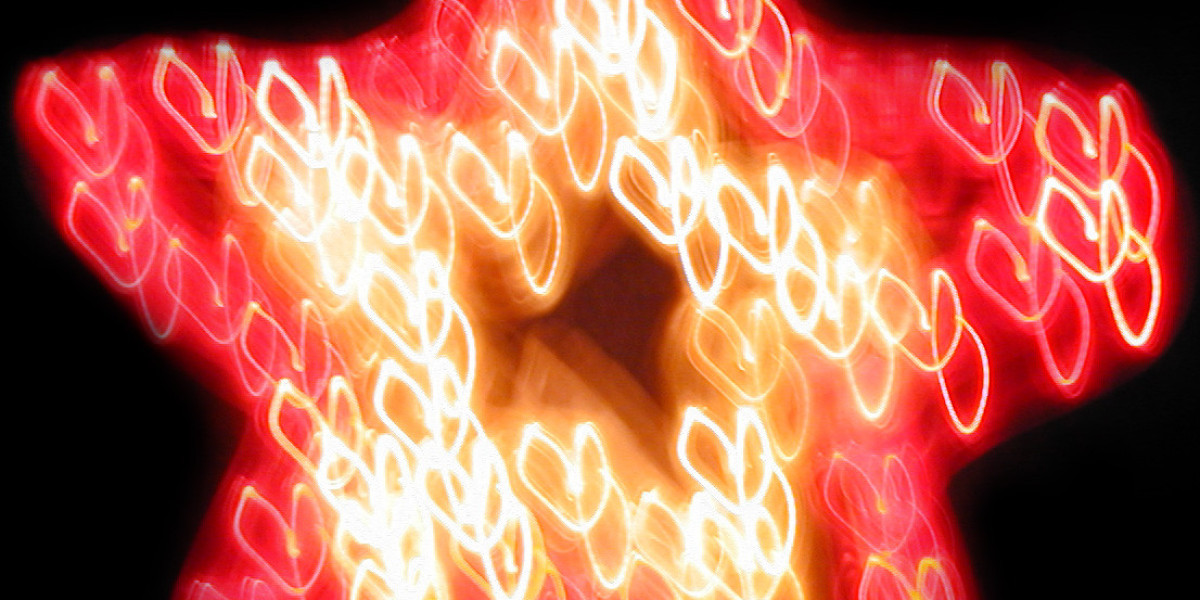BPC-157 (Body Protective Compound-157) is a synthetic fragment of a naturally occurring protein called body protection compound. It has been studied for its ability to promote angiogenesis, stimulate fibroblast proliferation, and enhance collagen synthesis, thereby aiding the healing of tendons, ligaments, muscles, nerves, and even gastric tissues. Preclinical studies in animal models have shown that BPC-157 can accelerate wound closure, reduce inflammation, protect against ischemia–reperfusion injury, and mitigate gastrointestinal ulceration. Human data are limited but anecdotal reports suggest benefits for athletes recovering from muscle strains, patients with inflammatory bowel disease, or individuals experiencing chronic pain.
KPV is a tripeptide consisting of the amino acids lysine (K), proline (P), and valine (V). It has been identified as an anti-inflammatory peptide that can inhibit neutrophil chemotaxis, reduce cytokine production, and protect against oxidative damage. In vitro experiments demonstrate that KPV can downregulate pathways such as NF-κB and MAPK, leading to lower levels of pro-inflammatory mediators like TNF-α and IL-6. Additionally, KPV has been shown to enhance the stability of endothelial cell junctions, thereby reducing vascular leakage in models of sepsis or acute lung injury.
When BPC-157 and KPV are used together, the hypothesis is that BPC-157’s tissue-repairing properties can be complemented by KPV’s anti-inflammatory and antioxidant actions. In animal studies combining both peptides, researchers have observed faster wound closure rates than with either peptide alone, reduced scar formation, and improved functional outcomes in models of tendon injury or spinal cord trauma. The combination also appears to provide more robust protection against gastrointestinal mucosal damage, potentially offering a dual benefit for patients who suffer from both musculoskeletal injuries and gut inflammation.
GUTTIDES™ by nuBioage is an innovative product line that incorporates the BPC-157 + KPV combination into a user-friendly formulation. The company positions GUTTIDES™ as a supplement aimed at supporting gut health, reducing systemic inflammation, and enhancing overall cellular resilience. According to their marketing materials, each capsule contains a precise dosage of both peptides along with additional bioactive compounds that may synergize with the peptide action, such as omega-3 fatty acids, vitamin D, and probiotic strains.
The nuBioage company is headquartered in the United States, specifically operating out of California. The GUTTIDES™ line is sold primarily through their online platform and gonzales-due.mdwrite.net select health-food retailers across North America, but the brand has also reached international markets including Canada, Australia, and parts of Europe via e-commerce distribution. While the product claims to be manufactured under GMP (Good Manufacturing Practice) conditions, it is important for potential users to verify certifications from independent testing laboratories, as peptide supplements often lack rigorous regulatory oversight.
In terms of details regarding the formulation, nuBioage states that each capsule delivers 100 micrograms of BPC-157 and 20 micrograms of KPV. The peptides are lyophilized and encapsulated in a dry powder form to preserve stability at room temperature. Users are instructed to take one capsule twice daily, preferably with meals, to maximize absorption and reduce the risk of gastrointestinal irritation. The company also recommends a cycling protocol—using the product for 30 days followed by a 7-day break—to mitigate potential tolerance development.
Safety data for BPC-157 + KPV remain largely derived from preclinical studies. In animal models, no significant toxicity was observed at doses up to several milligrams per kilogram of body weight. However, human safety profiles are not yet established through large randomized trials. Reported side effects in anecdotal reports include mild gastrointestinal discomfort, transient headaches, or a sensation of increased energy that may be attributable to the peptides’ systemic activity.
From a regulatory standpoint, both BPC-157 and KPV are considered research chemicals in many jurisdictions, including the United States and the European Union. They are not approved by the FDA for therapeutic use, and their sale as dietary supplements is often restricted or subject to scrutiny. Potential users should be aware of legal ambiguities and consult healthcare professionals before initiating therapy.
In conclusion, BPC-157 + KPV represents a promising area of research with potential applications in tissue repair, anti-inflammatory therapy, and gut protection. The GUTTIDES™ product by nuBioage offers an accessible formulation that brings these peptides to consumers seeking natural or adjunctive treatments for healing and health maintenance. Nonetheless, the lack of comprehensive human clinical data, regulatory approval, and clear safety profiles means that individuals should approach this combination with caution, ensuring they are fully informed about potential risks and benefits before use.








